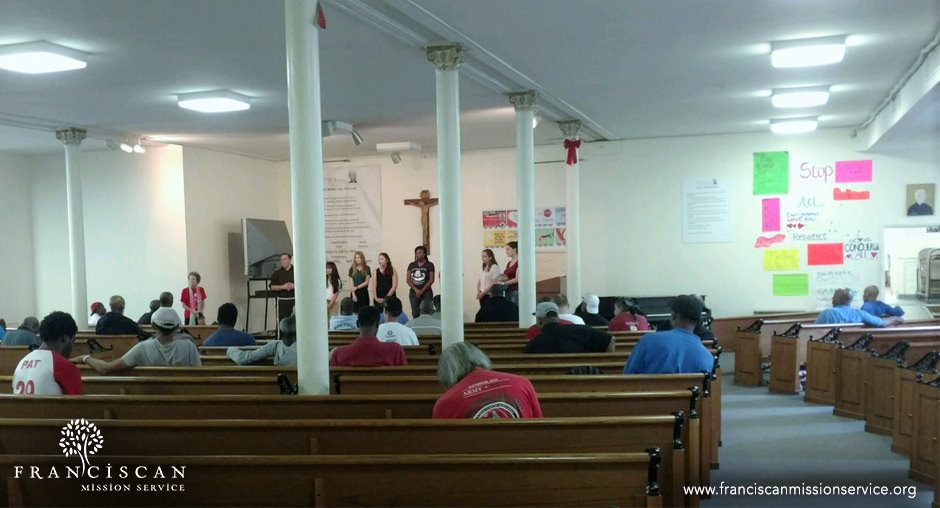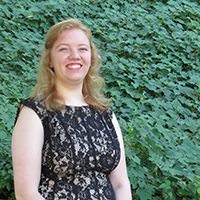IDs and Identity

Editor’s note: Missioner-in-training Anna Klonowski reflects on the role of identity in her time serving at the Father McKenna Center in Washington, DC.
Every Wednesday morning of Formation, I have the opportunity to help out at the Father McKenna Center, an organization that provides services to men experiencing homelessness in DC. During my time there, I have already learned several things:
1 I am apparently very good at making a peanut butter and jelly bagel sandwich (I’ve been told so numerous times)
2 The volunteers I work with are some of the most dedicated and determined people I’ve met
3 Many of the men experiencing homelessness don’t have any form of identification
This last point is one I learned from the Center President, Kim, in a brief moment she had to talk with me in the midst of her busy schedule.
The Center helps men find employment, which requires official identification. On the streets, IDs frequently get stolen or are lost, so before even looking at a job application, the men need to obtain official identification.
However, in order to get an official ID (like a birth certificate) they need to present another form of identification. You may see the problem—without any identification to begin with, how do you then obtain identification?
Thankfully, the Father McKenna Center can escort men to get their birth certificate without an additional ID and also connect men to resources to pay for the paperwork. Without this service, I can’t imagine how difficult finding employment would be, since getting identification is so important in that process.
The Father McKenna Center also deals with a deeper issue for many men experiencing homelessness—a forgotten and ignored identity.
For the staff members and volunteers at the Center, their work is more than serving food, supplying clothes, or supervising the computer lab; it is also relational. They know the men by name. They know their stories, desires, joys, and struggles. They acknowledge their identity.
Being known in a world that passes you by, actively avoids you, and never cares to learn your name meets our human need for identity that is just as real as the need for an ID.
This point is where the Father McKenna Center and FMS intersect.
I feel called to mission with FMS because I am committed to recognizing and holding sacred the dignity of each person I encounter. I don’t have the answer to homelessness, oppression, or marginalization, but I can acknowledge each person’s identity and be a small step along the way to justice.
Reflection Question: In what ways can you acknowledge and affirm the identity of those around you?
Tagged in:

